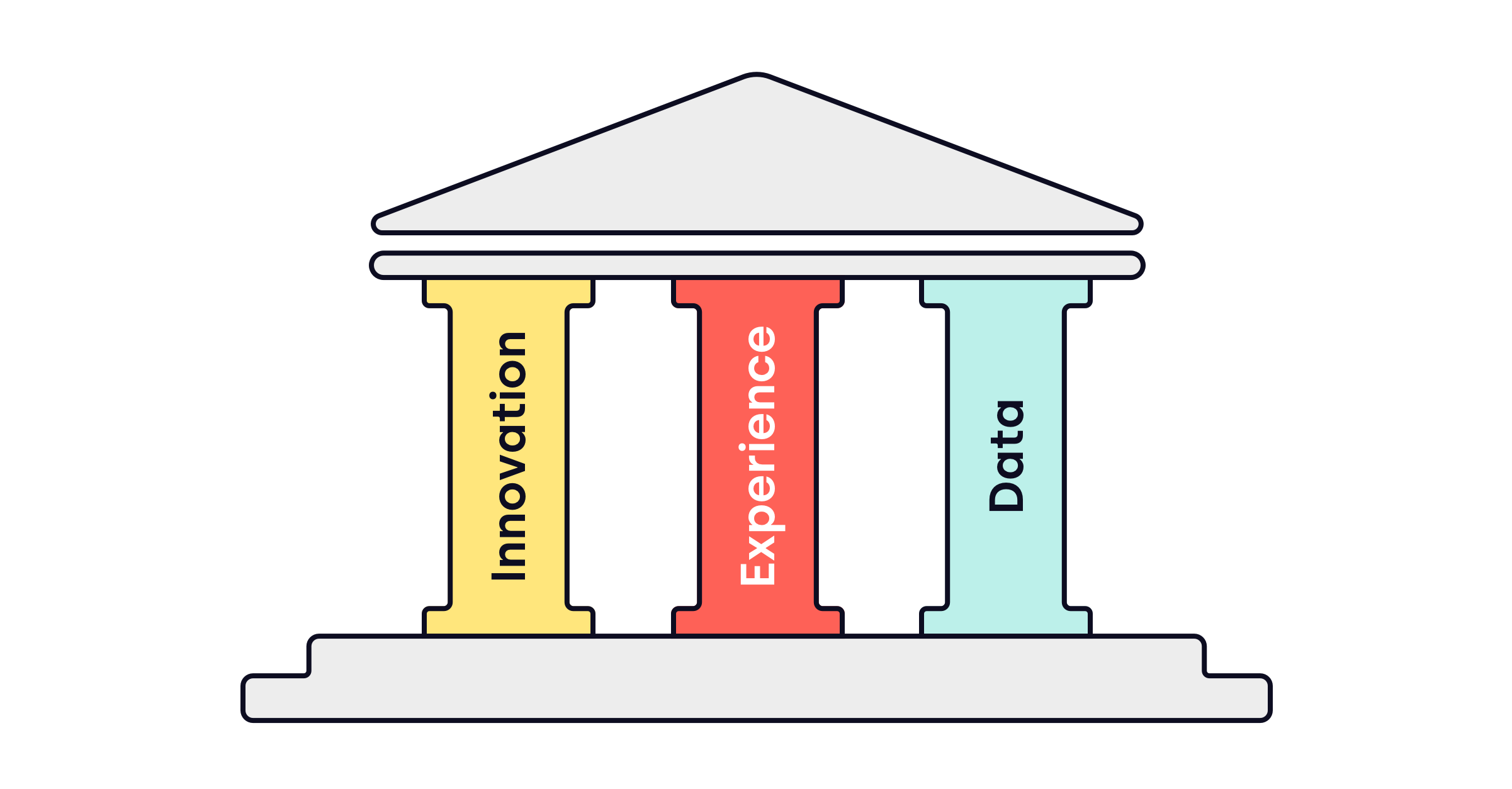In recent years, having a business up to date with digital technologies is no longer an option, it’s a necessity.
Successful businesses are not just those that adopt new technologies but especially those that integrate a comprehensive and thoughtful strategy into their digital transformation. So, what are the secrets to an effective digital strategy, you may ask? What digital skills are necessary for success?
According to Libéo, the three key elements that allow businesses to stand out and thrive in this ever-changing landscape are innovation, data, and experience.
Innovation
We’re not just talking about technology here, but about the mindset of innovation. It’s all about fresh ideas, creative solutions, and implementing new processes or features to move things forward. It’s adopting a proactive approach to stay at the forefront of bustling markets. Innovation also means being ready to experiment and take calculated risks to discover new ways to improve products, services, and the integration of new digital tools.
Innovation is found everywhere, and it is one of the essential pillars of good business models.
For instance, we can innovate with artificial intelligence, in our social media strategy, in our approach to customer experience, or simply in our daily decision-making. Implementing innovative thinking in any sector ensures real-time and long-term solutions.
Data
Data analysis is the fuel for any digital strategy.
The often-asked question is: but what do we do with the data?
Well, we collect it, cross-reference it, and study it to make more informed decisions. When we master the art of making data speak, we can better understand what customers and users want. Data collection serves to optimize the customer experience and discover new opportunities. By using advanced analytical tools, businesses can identify trends, predict future behaviors, and adapt their strategies accordingly.
A good action plan for your data management can ensure a real return on investment. For this key element, automating processes will be a significant value addition to your information systems.
Experience
Here, we’re talking about everything related to creating a pleasant and intuitive experience for users, whether they are customers, employees, or partners. Yes, this approach could even meet the needs of your human resources managers to help improve corporate culture.
It’s about user-centered design, making interactions with the company smoother, and personalizing services to meet everyone’s needs. A better user experience can turn occasional users into loyal customers and employees into brand ambassadors. It is essential to build a lasting and positive relationship with all stakeholders.
Many studies and research are frequently conducted on user behaviors. For instance, the Harvard Library User Research Center, which started as a traditional usability testing lab, now operates as a user-centered design, digital accessibility, and usability testing center. They offer services such as user testing, UX research studies, and consultations on best practices.
Largely, these three axes help businesses in their digital transformation to stay competitive in an increasingly digital world. It’s all that’s needed to not only survive but thrive in a digital economy! A well-designed digital strategy allows you to seize the opportunities offered by new technologies, leverage data to improve performance, and create memorable user experiences. By adopting these principles, businesses can not only navigate the constantly evolving digital landscape but also excel in it.






